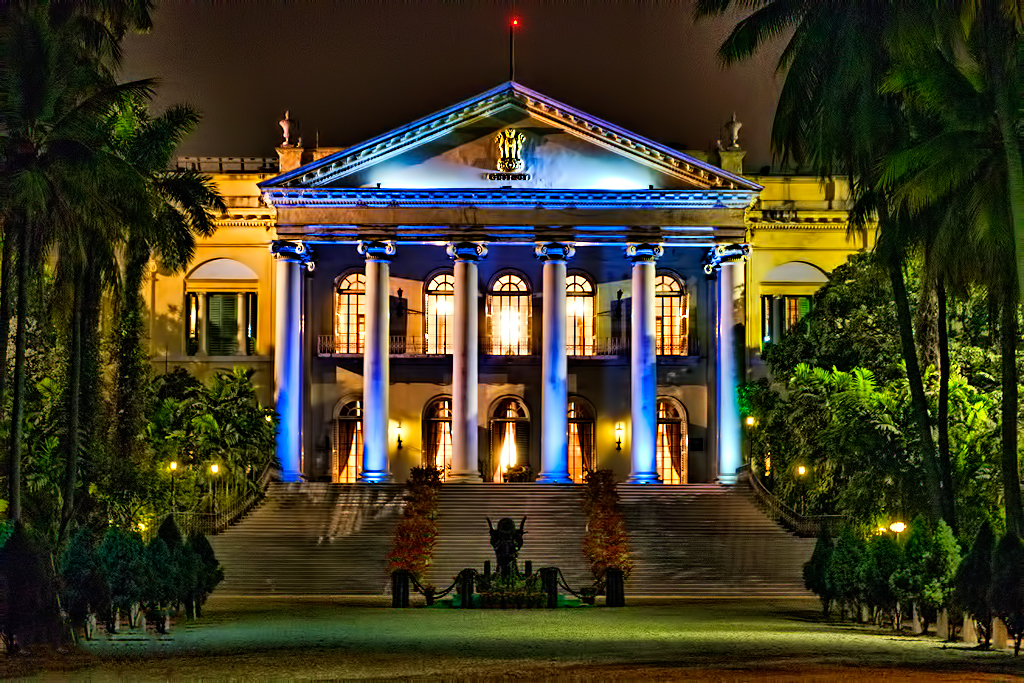Sudan Crisis: Despite regional and international calls for a ceasefire as diplomats mobilize, analysts claim the fighting in Sudan’s capital Khartoum is unprecedented and could last for a long time.
After three days of urban warfare, fighting between the army and paramilitaries in Sudan has resulted in 200 fatalities, 1,800 injuries, hospitals that are damaged, and a shortage of food and medical supplies.
A weeks-long power struggle between the forces of Sudan’s army chief Abdel Fattah al-Burhan and his deputy, Mohamed Hamdan Daglo, who leads the potent paramilitary Rapid Support Forces, descended into deadly violence on Saturday. (RSF).
Analysts claim that despite regional and international calls for a ceasefire and the mobilisation of diplomats, the fighting in the capital of the protractedly unstable nation is unprecedented and may continue for some time.
Additionally, there have been battles across the vast nation, and regional spillover is feared.
The last and holiest days of Ramadan are being observed by terrified citizens of the capital as tanks roll through the streets, structures tremble, and smoke from fires sparked by the fighting hangs in the air as they watch from their windows.
Heavy gunfire, artillery, and airstrikes have all been used in the conflict.
Those who must go outside encounter lines at stores that are open for business for gasoline and bread. Additionally, residents are experiencing power outages.
In a meeting held behind closed doors, Volker Perthes, the head of the UN mission in Sudan, reported that at least 185 people had died and 1,800 had been injured.
After the meeting, Perthes told reporters, “It’s very difficult to say where the balance is shifting to because it’s a very fluid situation.
Earlier on Monday, Antonio Guterres, the secretary-general of the UN, once more urged the warring parties in Sudan to “immediately cease hostilities.” A further uptick in tension “could be devastating for the country and the region,” he warned.
– Vital aid suspended –
Nearly 100 civilians and “dozens” of fighters from both sides were reported dead by Sudanese medical personnel earlier, but the actual death toll was likely much higher because many injured people were unable to reach hospitals.
Fighting had “heavily damaged” numerous hospitals in Khartoum and other cities, the official doctors’ union warned, with some of them being completely “out of service.”
Several of Khartoum’s nine hospitals treating injured civilians “have run out of blood, transfusion equipment, intravenous fluids and other vital supplies,” the World Health Organization had previously warned.
International medical aid organisation Doctors Without Borders (MSF) reported receiving 136 injured patients at the only hospital in El Fasher that is still operational in North Darfur state in the western part of Darfur.
According to MSF’s Cyrus Paye, “the majority of the wounded are civilians who were caught in the crossfire — among them are many children.”
“11 people died from their injuries in the first 48 hours of the conflict” due to insufficient surgical capacity.
Three employees of the UN World Food Programme were also among those killed on Saturday in Darfur, where medical and other supplies had been stolen from humanitarian missions, according to MSF and Save the Children.
In a nation where one third of the population requires aid, a number of organisations have temporarily halted operations.
– Trading blame –
On Monday, it appeared that diplomatic manoeuvres increased as the fighting continued.
Influential northern neighbour Egypt reported that it had discussed “the need to make every effort to preserve stability and safety” with Saudi Arabia, South Sudan, and Djibouti, all of which are close allies of Sudan.
Head of the African Union commission Moussa Faki Mahamat, who intends to “immediately” lead a ceasefire mission, spoke with the Gulf emirate Qatar.
However, because of fighting, there are no longer any civilian flights arriving in Khartoum.
Daglo urged the world to take action against Burhan on Twitter, calling him a “radical Islamist who is bombing civilians from the air.”
Daglo, whose RSF and its forerunner the Janjaweed in Darfur have previously been charged with atrocities and war crimes, declared: “We will continue to pursue Al-Burhan and bring him to justice.”
Statements from the Army refer to the RSF as “a rebel militia” that wants to “engage near populated areas.”
Intense disagreements between Burhan and Daglo over the proposed integration of the RSF into the regular army—a crucial requirement for a final agreement intended to end the crisis since the coup in 2021, which stalled a transition to democracy—led to the outbreak of hostilities.
They both assert control over important locations, such as the airport and the presidential palace, but none of their claims could be independently verified.
The army started airing its programmes on state TV again on Monday.
The few open grocery stores issued a warning that they would close quickly if supplies couldn’t get into the city.
Witnesses noticed that militiamen had started passing in unlicensed private passenger cars.
Sudanese analyst Kho lood Khair said the level of fighting inside the capital was “unprecedented,” despite the fact that Sudan has endured decades of numerous, bitter civil wars, coups, and rebellions since gaining independence.
Except for the headline, this story has not been edited by TIC staff and is published from a syndicated feed.)









